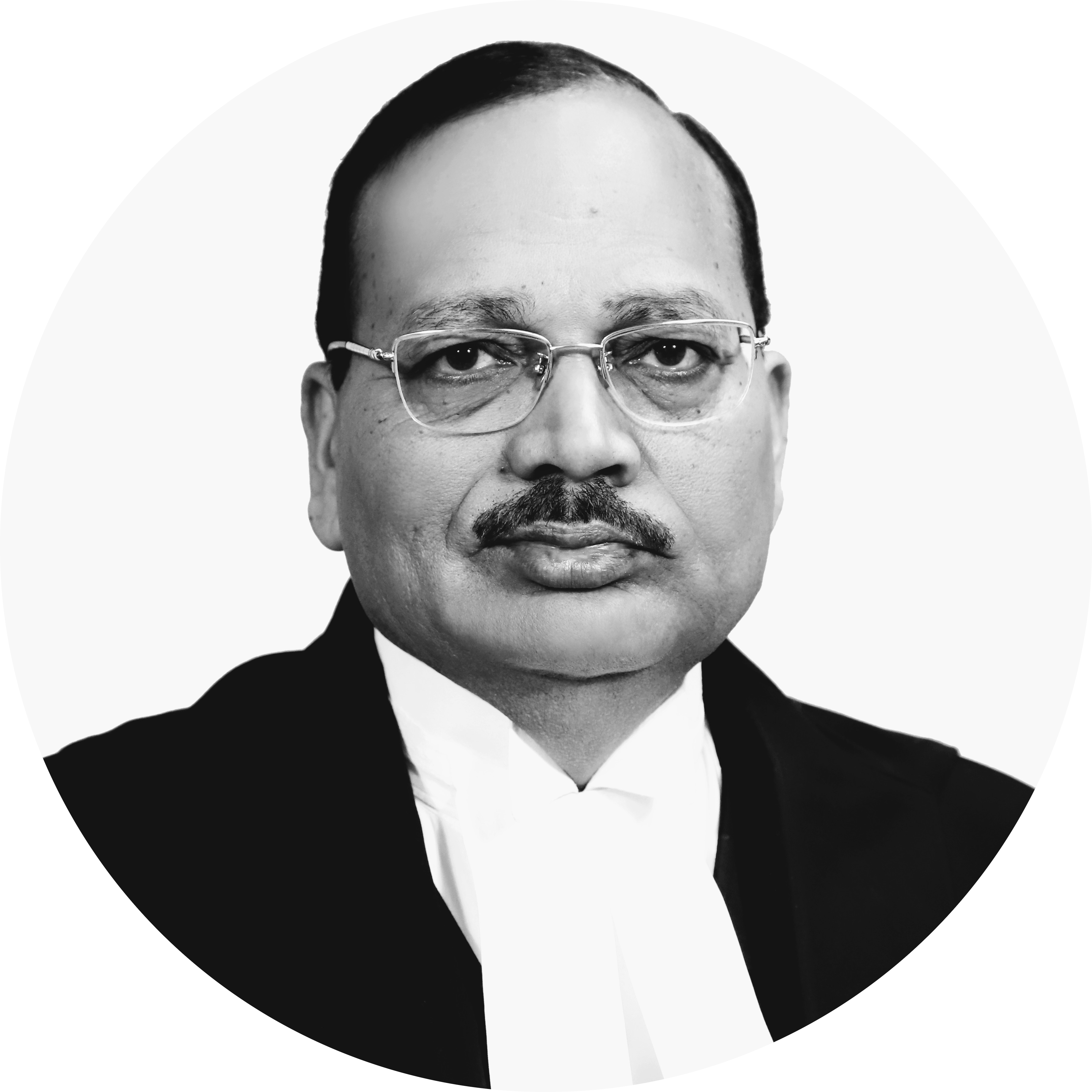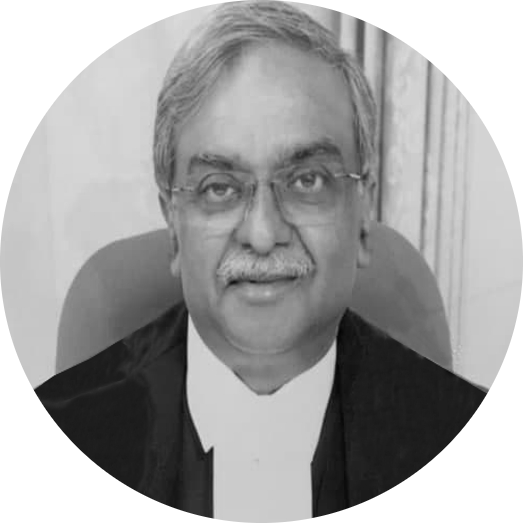One Rank One Pension
Indian Ex Servicemen Movement v Union of India
The SC upheld the Union government's 'One Rank One Pension' policy for retired army officers. The Court held that the policy was not discriminatory and the Union had the liberty to decide how it was applied.
Decided
Parties
Petitioner: Indian Ex Servicemen Movement
Lawyers: Hufeza Ahmadi, Balaji Srinivasan, Arunava Mukherjee
Respondent: Union of India; Ministry of Defence; Ministry of Finance; Controller General of Defence Accounts; Chiefs of Staff Committee
Lawyers: N. Venkataraman
Case Details
Case Number: WP (C) 419/2016
Next Hearing: February 23, 2022
Last Updated: August 11, 2022
TAGS: One Rank One Pension, OROP
Key Issues
Does the Ministry of Defence’s 2015 notification announcing OROP violate Articles 14 and 15?
Does a system of periodic pension review (as opposed to automatic review) discriminate against older army retirees?
Is the Government bound by comments made in Parliament?
Case Description
At an election rally in 2019, PM Narendra Modi thunderously proclaimed that he had fulfilled the promise that garnered him the support of army veterans in 2013—One Rank, One Pension (OROP). Army veterans, however, disagreed with the Prime Minister’s self assessment. They challenged the Union government’s OROP policy at the Supreme Court, arguing that it was realistically a One Rank Different Pensions policy.
OROP means that all army officers retiring at the same rank after the same period of service will get the same pension, irrespective of which year they retired. Pensions are calculated as a percentage of the last salary drawn by an officer. To ensure OROP, it is essential that the pensions of older veterans who retired earlier is increased whenever the salaries of younger officers are increased.
The demand for OROP is nearly fifty years old. The Union government discontinued OROP in 1973. Then, in 2008, the UPA astronomically enhanced civil servants’ salaries and pensions. Hundreds of army veterans returned their honours and badges, protesting the disparity created between defence forces and civil servants.
The BJP repeatedly promised that it would implement OROP at election rallies and on the Parliament floor between 2013 and 2015. In November 2015, the Ministry of Defence announced the Union government’s OROP policy through a letter. The Union government claimed that this letter fulfilled the veterans’ demands. Army officers argued that it introduced the ‘devil in the details’.
The 2015 notification provided for a periodic review of pensions of past retirees every five years. The officers argued that this was discriminatory as the past retirees would get less pension than more recent retirees until the fifth year when the review was completed. This created a class within the class of retired officers and hence violated Articles 14 and 15.
The officers argued that the Union government had agreed to implement an automatic review process during consultations. The Union government stated that the promise was made by UPA Finance Minister P Chidambaram in 2014 without consultation or directions from the Ministry of Defence. The Union argued that it cannot be bound by discussions and comments made before the 2015 notification was issued.



